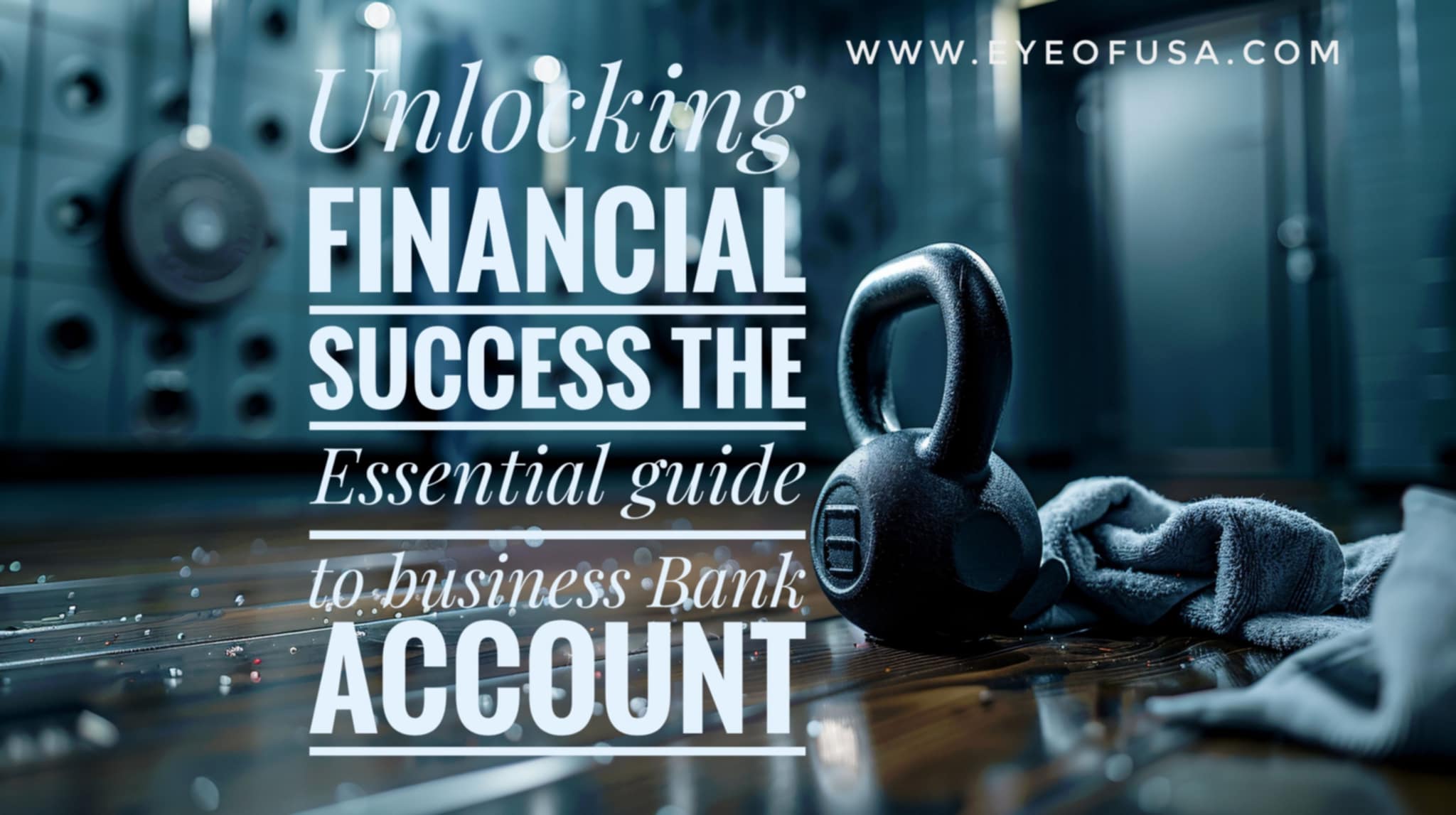What is a Business Bank Account?
A business bank account is a specialized bank account used to manage the financial transactions of a business. It keeps personal and business finances separate, making it easier to manage income, expenses, and taxes.
Why is a business bank account different from a personal account?
A business account is designed specifically for company use, offering features like multiple signatories, transaction records for tax reporting, and access to business loans. It provides the necessary tools for managing business finances professionally.
What Types of Business Bank Accounts Are Available?
When opening a business bank account, it’s important to choose the right type for your business needs. Here are the common types:
- Business Checking Account
Ideal for day-to-day operations, such as receiving payments and paying expenses. - Business Savings Account
Helps you save extra funds for future business expenses while earning interest. - Merchant Accounts
Allows businesses to accept credit card payments and other forms of digital transactions. - Payroll Accounts
Specifically used to manage employee salaries and benefits. - Interest-Earning Accounts
A checking or savings account that earns interest on your balance, typically ideal for businesses that can maintain high balances.
What Are the Benefits of Having a Business Bank Account?
Opening a business bank account has several key benefits:
Separates personal and business finances
Helps you avoid tax issues and keeps business income organized.
Improves professionalism
Vendors and clients see your business as more credible when transactions are made through a business account.
Simplifies accounting
You can easily track income, expenses, and profits, making tax preparation much easier.
Offers business-specific services
Access to business loans, credit lines, and other banking services tailored to companies.
Protects personal assets
Keeping finances separate ensures your personal assets are shielded from business liabilities.
How Do I Choose the Right Business Bank Account?
What factors should I consider when choosing a business bank account?
When selecting the right account, consider the following:
Fees and charges: Look for low or no-fee options, especially for monthly maintenance, overdrafts, and transactions.
Minimum balance: Some accounts require maintaining a minimum balance to avoid fees.
Transaction limits: Check if the account limits the number of free transactions per month.
Online vs. traditional banking: Decide whether you need a physical bank branch or prefer an online bank for convenience.
Special services: Some banks offer features like integration with accounting software or access to business credit.
How Do I Open a Business Bank Account?
What are the requirements to open a business bank account?
Opening a business bank account typically involves the following steps:
- Legal Business Name and EIN (Employer Identification Number)
You’ll need your EIN, which acts like a Social Security Number for your business. - Articles of Incorporation or Organization
This document proves your business is registered with the state. - Operating Agreement (for LLCs)
LLCs may need to provide an agreement detailing the structure and management of the business. - Personal Identification
You will need to provide a government-issued ID like a driver’s license or passport. - Business License
Some states may require proof that your business is licensed to operate.
What Common Mistakes Should I Avoid When Opening a Business Bank Account?
Ignoring fees: Some accounts come with hidden charges, like fees for too many transactions, wire transfers, or insufficient funds.
Mixing personal and business finances: This can lead to accounting confusion and tax issues down the road.
Not updating account details: If your business grows or changes ownership, you need to update the bank account details accordingly.
Overlooking online banking features: Many business bank accounts offer useful digital tools that streamline accounting and bill payments.
What Are the Best Banks for Business Accounts in 2024?
Which banks offer the best business accounts?
Here are some top banks known for their business accounts in 2024:
Chase Business Complete Banking: Great for businesses that want both physical branch access and robust online features.
Bank of America Business Advantage: Offers a wide range of banking solutions, including loans and credit.
Bluevine: A top online bank offering no-fee business accounts with interest-earning potential.
Capital One Spark Business: Known for easy access to credit cards and financing options.
How Do I Manage My Business Bank Account Effectively?
What are some tips for managing my business bank account?
Regularly review account statements: This helps catch errors, fraud, or unexpected fees.
Set up alerts: Many banks allow you to get notified for low balances or large transactions.
Use accounting software: Link your bank account with accounting software like QuickBooks for automated tracking and financial reporting.
Keep accurate records: Proper bookkeeping will simplify tax preparation and ensure you claim all deductions.
Are There Tax Implications to Using a Business Bank Account?
Yes, having a business bank account makes tax reporting easier by keeping clear records of business income and expenses. It also protects you in case of an IRS audit.
How does a business bank account help with taxes?
Organized records: Separate accounts simplify deductions and expense tracking.
Easier audits: The IRS may request to see your business financials, and a dedicated account makes this process smoother.
Conclusion: Why Every Business Needs a Dedicated Bank Account
In summary, a business bank account is essential for any business, offering numerous benefits such as easier accounting, financial protection, and improved professionalism. It also lays the groundwork for future financial opportunities, like loans and lines of credit. If you’re ready to open a business account, take the time to research the best banks and features for your specific needs.

